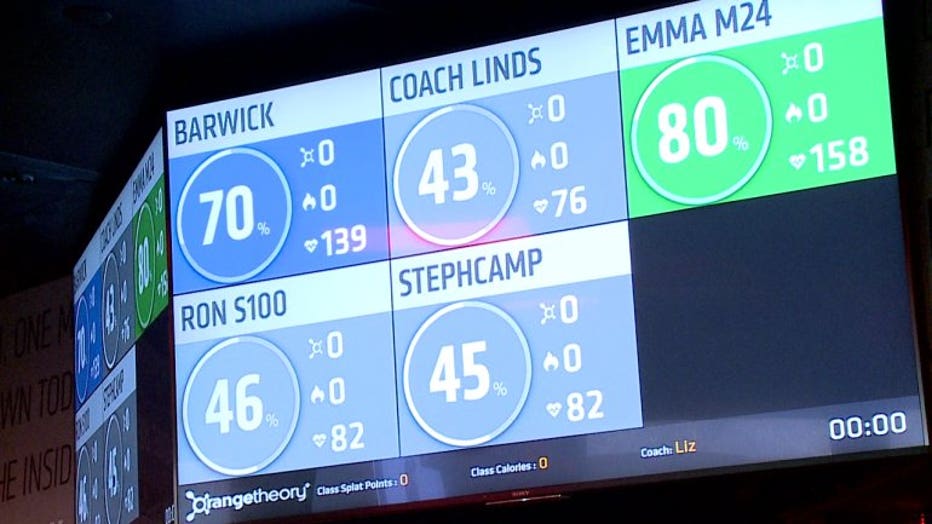Raising awareness for women's heart health: 'People don't think about'
MILWAUKEE -- Friday, Feb. 7 marks National Wear Red Day -- bringing awareness specificially to women's heart health and their risks of cardiovascular disease. Wisconsin health experts celebrated the day in several ways, enlightening people on how to prevent heart disease.

Liz Granley
"I think it's something a lot of people don't think about," said Liz Granley, a coach at Orangetheory Fitness.
At Orangetheory Fitness, fitness lovers sweated their hearts out -- and it's all based on heart rates.
"We know that the heart is the most important muscle in the body, and that's why we watch it so closely," Granley said.
The heart-rate monitored interval training celebrated National Wear Red Day. The studio partnered with the American Heart Association to promote a healthy heart lifestyle.

"Very few people have come in saying that they want to keep their heart healthy, and, really, that should be our primary focus because that's what keeps your body moving," Granley said.
As members' heart rates beat live on a screen, local health care experts said exercise is just one way to reduce your risk of heart disease.

Adam Fritsch
"Avoid things like smoking or eating unhealthy foods," said Adam Fritsch of Advanced Professional Healthcare Education.
The American Heart Association says cardiovascular disease kills one woman every 80 seconds and can be a woman's greatest health threat. That's because women can have abnormal symptoms -- like back pain, abdominal pain or feeling tired.
"More women actually have heart attacks than men every year in the United States," Fritsch said.

To prevent heart disease, the American Heart Association suggests that people know their family history, eat healthy, stay active and manage their blood pressure. As more people are aware of the disease every year, more lives are saved.
"We definitely see a lot more 911 calls and a lot more people concerned about their health risks," said Fritsch.
Health experts recommend getting a screening every year starting in your 20s, if heart disease is in your family history, to look at your risks. If you would like to donate to the American Heart Association, CLICK HERE.

